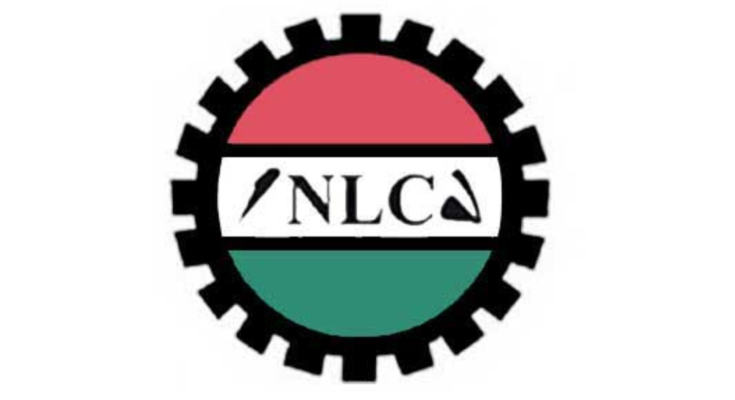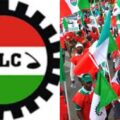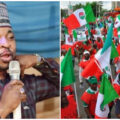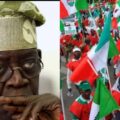By Oluwayanmife Ayobami
The Nigeria Labour Congress (NLC) is a significant umbrella organization that represents trade unions in Nigeria.
Its history is marked by its role in championing the rights and interests of workers in Nigeria, its struggles against oppressive regimes, and its impact on the labour movement in the country.
Formation and Early Struggles (1978)
The Nigeria Labour Congress was founded in December 1978 through the merger of four different labor organizations: the Nigeria Trade Union Congress (NTUC), Labour Unity Front (LUF), United Labour Congress (ULC), and Nigeria Workers’ Council (NWC).
This consolidation aimed to create a more powerful and unified labor movement in Nigeria.
Initial Resistance (1978-1988)
The Federal Military Government, led by Murtala Mohammed, initially refused to recognize the new organization. Instead, it established the Adebiyi Tribunal to investigate trade unions and their leaders, accusing them of propagating Cold War ideologies and mismanaging funds.
As a result, all four trade union centers were banned, and the government appointed M. O. Abiodun as the administrator of trade unions. To gain recognition, the NLC had to restructure its affiliated unions into 42 industrial unions and 19 unions representing senior staff.
Official Recognition and Growth (1978-1996)
In 1978, the NLC was officially established, with 42 industrial unions affiliating with it.
During its early years, conflicts with military regimes, such as those of Generals Ibrahim Babangida and Sani Abacha, led to the dissolution of the NLC’s national organs. In 1996, the number of affiliates was reduced from 42 to 29 through an Act of Parliament.
Transition to Democracy (1999)
With the advent of democratic reforms in Nigeria, some anti-union regulations were abolished in January 1999.
Adams Oshiomhole was elected as the President of the NLC, marking a transition towards a more democratic and representative labor movement.
Opposition to Government Policies (2000s)
In the early 2000s, the NLC clashed with the Nigerian government over issues such as fuel price hikes.
The NLC led several general strikes to protest the government’s policies, particularly those related to the deregulation of the fuel industry.
The NLC faced challenges, including arrests of labor leaders and disruptions of union activities under various governments. However, it continued to advocate for workers’ rights and welfare, despite these obstacles.
Reforms and New Affiliates (2016-2020)
In 2016, approximately 25 affiliates left the NLC to form the United Labour Congress. However, they later rejoined the NLC in 2020.
The NLC underwent reforms and expanded its affiliations, ending the year with 43 affiliates representing over 4 million members.
Fuel Subsidy Protests (2012)
One of the NLC’s most notable protests occurred in January 2012, during President Goodluck Jonathan’s administration. The NLC, together with other trade unions and civil societies, strongly opposed the government’s decision to remove fuel subsidies.
The protests led to widespread demonstrations and a government announcement to reduce fuel prices, ultimately suspending the subsidy removal.
The NLC, along with the Trade Union Congress of Nigeria, expressed explicit support for a political party, the Labour Party, in the 2023 Nigerian general
election. This marked a shift in the union’s engagement with political processes.
Women’s Wing and Advocacy (2003-Present)
The NLC established a National Women Commission in 2003 to increase women’s participation in the union’s affairs.
This commission has been active in advocating for women’s rights and against gender-based violence.
The Nigeria Labour Congress, throughout its history, has been a key player in the Nigerian labor movement, advocating for workers’ rights, opposing oppressive policies, and working towards a fair and just labor environment in the country. Its evolution has been shaped by its resistance to authoritarian regimes and its commitment to the well-being of Nigerian workers.








